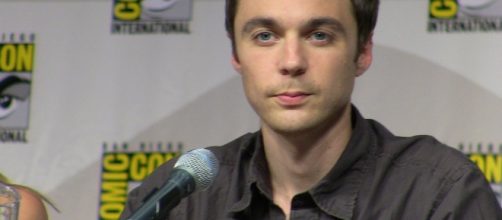Right after the first episode of the new season of “The Big Bang Theory,” CBS gave us a sneak preview of the spin-off series, “Young Sheldon.” It tells the story of our favorite obnoxious, socially dysfunctional genius as he enters a Texas high school at age nine in the year 1989. Think of the series as “The Wonder Years” featuring a little snot.
How is Sheldon’s childhood shaping up?
When Sheldon describes his childhood on “The Big Bang Theory,” it is an unrelieved horror of getting beaten up by the neighborhood kids. Fortunately, none of that happened in the first episode.
Young Sheldon did have to learn a life lesson about not being so OCD about rules. People don’t like it, especially coming out of the mouth of a nine-year-old.
How was the Cooper family in 1989?
The younger version of Mary Cooper, Sheldon’s mom, is as enjoyable as the older version we’ve come to know and love on “The Big Bang Theory.” She is one part born-again Christian, one part pugnacious Texan, and an excellent mom. Sheldon should be forever grateful that he had such a woman watching his back.
Sheldon’s dad is the surprise character in the series. In “The Big Bang Theory” he is somewhat dismissed as someone who was better off having an early death. In “Young Sheldon” he is a wide, albeit long-suffering dad who gives his genius son some crucial pieces of advice.
Sheldon is lucky he had such a father as well.
Sheldon’s siblings, his twin sister, and older brother can’t stand him. Enough said about that.
The young actor who plays the nine-year-old Sheldon is a revelation. He has a bright future in acting, as long as he doesn’t get too typecast and survives the trials that many child stars undergo when they start to grow up.
Is the show worth watching?
If one is a fan of “The Big Bang Theory,” then “Young Sheldon” is worth a watch. It is a different type of TV show, to be sure, as it is a study of how the socially maladjusted Sheldon Cooper came to be. Not everyone is going to like it, mainly because on one level the nine-year-old version of the obnoxious genius is almost as unlikeable as the version that is pushing 40.
Some of the drama that could be, is by necessity, missing since we know that love will finally redeem Sheldon Cooper 28 years later. The central message is that genius, as wonderful as it is, often comes with problems. This is especially applicable in modern America, which values skill at throwing a football more than the ability to solve differential equations.


